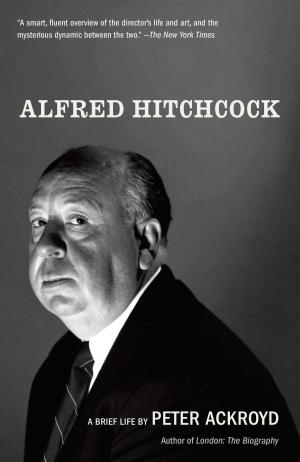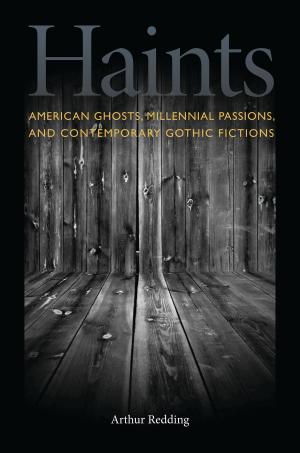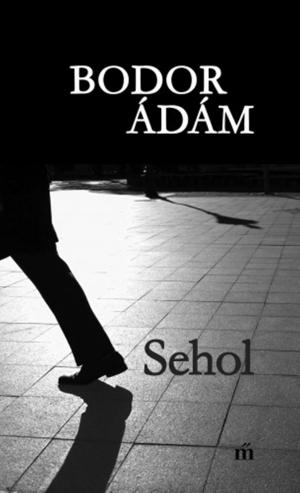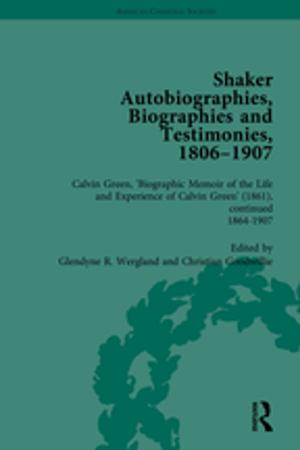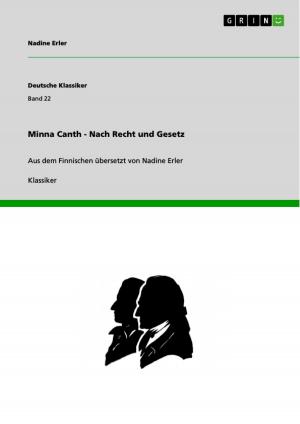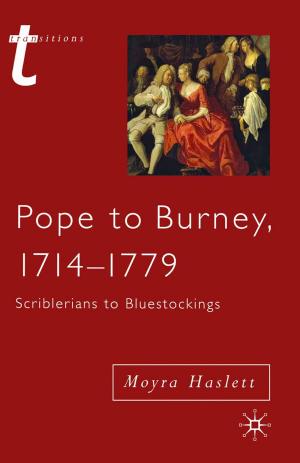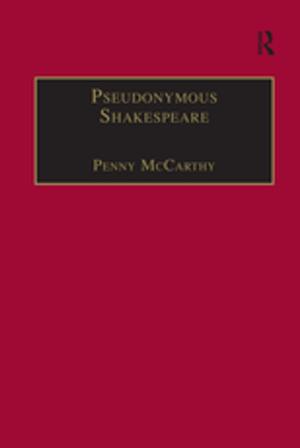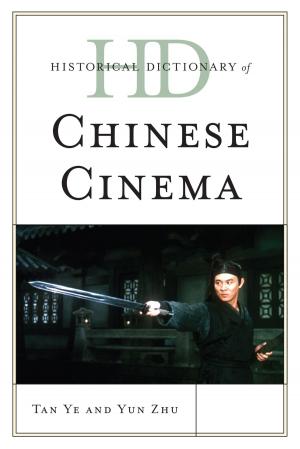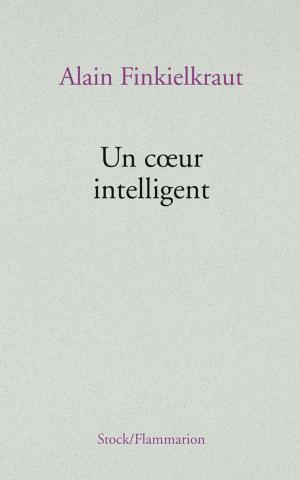Urban Politics Now / Reflect 6
re-Imagining Democracy in the Neoliberal City
Nonfiction, Art & Architecture, General Art, Criticism| Author: | nai010 uitgevers/publishers | ISBN: | 9789056627928 |
| Publisher: | nai010 uitgevers/publishers | Publication: | July 31, 2012 |
| Imprint: | Language: | English |
| Author: | nai010 uitgevers/publishers |
| ISBN: | 9789056627928 |
| Publisher: | nai010 uitgevers/publishers |
| Publication: | July 31, 2012 |
| Imprint: | |
| Language: | English |
The form and future of cities is increasingly regarded as the product of inescapable processes: the strategic decisions of businesses, consumer preferences, deeply rooted cultural reflexes. Specifically, with the rise of a neoliberal and neo-conservative view of society, fundamental decisions about the everyday environment are increasingly determined by the laws of supply and demand or the clash of cultures. Is there still a place for democratic urban politics in such a climate? How can disenfranchised groups express their dissatisfaction? How can a city's development be steered by a collective political project again, instead of profit margins or economic formulae? The BAVO bureau for architectural theory invited a group of social geographers, sociologists, philosophers, planners, archi-tects and designers to reflect on the current repudiation of urban politics. Urban Politics Now offers an in-depth analysis of the plague of symptoms that are associated with this, such as gratuitous violence, zero tolerance, consumptive hedonism, socioeconomic polarization. It also proposes ways to re--establish the city as the driver of democratic politics with an emancipatory agenda, rather than one that ratifies the status quo. All the contributions are globally relevant, but there is a specific focus on recent urban developments in the Netherlands.
The form and future of cities is increasingly regarded as the product of inescapable processes: the strategic decisions of businesses, consumer preferences, deeply rooted cultural reflexes. Specifically, with the rise of a neoliberal and neo-conservative view of society, fundamental decisions about the everyday environment are increasingly determined by the laws of supply and demand or the clash of cultures. Is there still a place for democratic urban politics in such a climate? How can disenfranchised groups express their dissatisfaction? How can a city's development be steered by a collective political project again, instead of profit margins or economic formulae? The BAVO bureau for architectural theory invited a group of social geographers, sociologists, philosophers, planners, archi-tects and designers to reflect on the current repudiation of urban politics. Urban Politics Now offers an in-depth analysis of the plague of symptoms that are associated with this, such as gratuitous violence, zero tolerance, consumptive hedonism, socioeconomic polarization. It also proposes ways to re--establish the city as the driver of democratic politics with an emancipatory agenda, rather than one that ratifies the status quo. All the contributions are globally relevant, but there is a specific focus on recent urban developments in the Netherlands.

